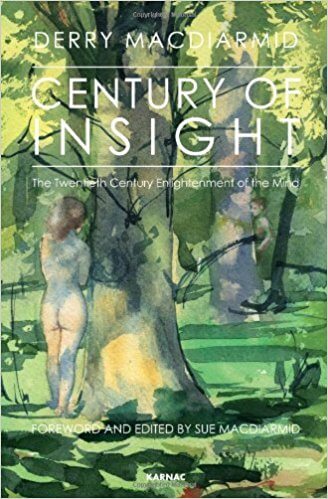This blog is by Archie, a 21-year-old psychology undergraduate at Bournemouth University currently on his placement year. Archie is volunteering with us, as well as with Portugal Prints – an art therapy/recovery project run by Mind. Over the coming year he will be posting a series of blogs which express his take on a variety of subjects. The SAP is keen to give someone who is starting out as a psychologist an opportunity to share his insights and reflections.
I became inspired to study psychology after two years of studying sociology at GCSE level. I am now in my third year of undergraduate psychology and it was not until this past month that I truly understood the impact that dynamic psychotherapy and its theories has had on the field as a whole. Mainstream psychology teaching has seemed to distance itself from its roots in psychodynamic theory, and this has been done for a number reasons.
Over the course of the past century, psychologists have actively aimed to take psychology from being a ‘soft science’ to a ‘hard science’. The modern, ‘hard science’ approach leans more toward the positivist epistemological framework, meaning knowledge can only be gained from what can be observed through the scientific method – an idea the psychodynamic approach is mostly in conflict with. The scientific method cannot observe phenomena such as the ‘psyche’ or the ‘ego’ or complexes and archetypes, meaning they are not taught to students.
Objectivism is also important in modern psychology. For studies and experiments to be reliable they need to be objective, however analysis is almost entirely the opposite. For example, it is based on the transference and countertransference experienced between a person and an analyst over an extended period of time. These experiences are subjective and will change depending on the client and the analyst.
As these ideas have been ingrained into my understanding of psychology it was always going to be a struggle to read and accept the ideas of the prominent analysts of the past. Even the common practice of qualitative research is looked down upon by the majority of psychology for being too ‘soft’, so how could I wrap my head around Freud and Jung?

Well, this came down to a book: Century of Insight: The Twentieth Century Enlightenment of the Mind, written by Dr Derry MacDiarmid. MacDiarmid was a NHS Psychiatrist, Jungian Analyst and member of the Society of Analytical Psychology before he passed away in 2006. His book offers an approachable overview of the ideas, findings and theories of many of the prominent psychodynamic theorists who are sparsely taught to students. Beforehand, I knew Freud only as the ‘sexual stages guy’, Jung as the ‘metaphysical guy’ and Horney as the ‘woman who hated Freud’. I was taught that Bowlby was almost entirely wrong, yet somehow Ainsworth was predominantly correct, whilst Donald Winnicott’s name had never left my lips. The book gave me a new-found respect for many theorists and showed me how integral they were in shaping modern psychology.
It is difficult for an undergraduate psychology student to understand or agree with all the ideas proposed by the theorists in the book (often I do not), but there are countless occasions where it is clear to see just how forward thinking the theorists were and how their propositions still hold true today. I would advise any person interested in the field of psychology, especially the younger generation, to glance at this book if they get the chance.